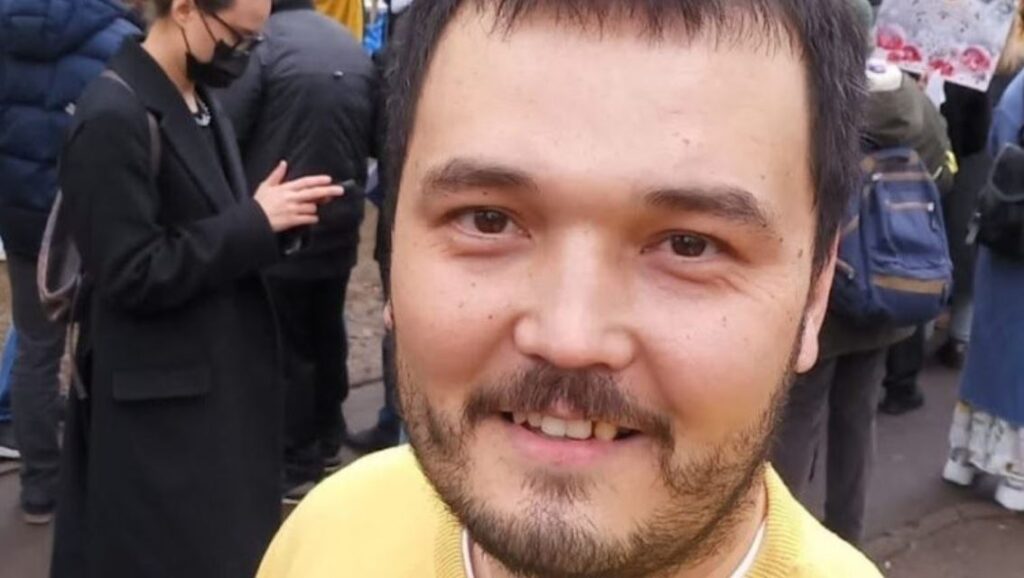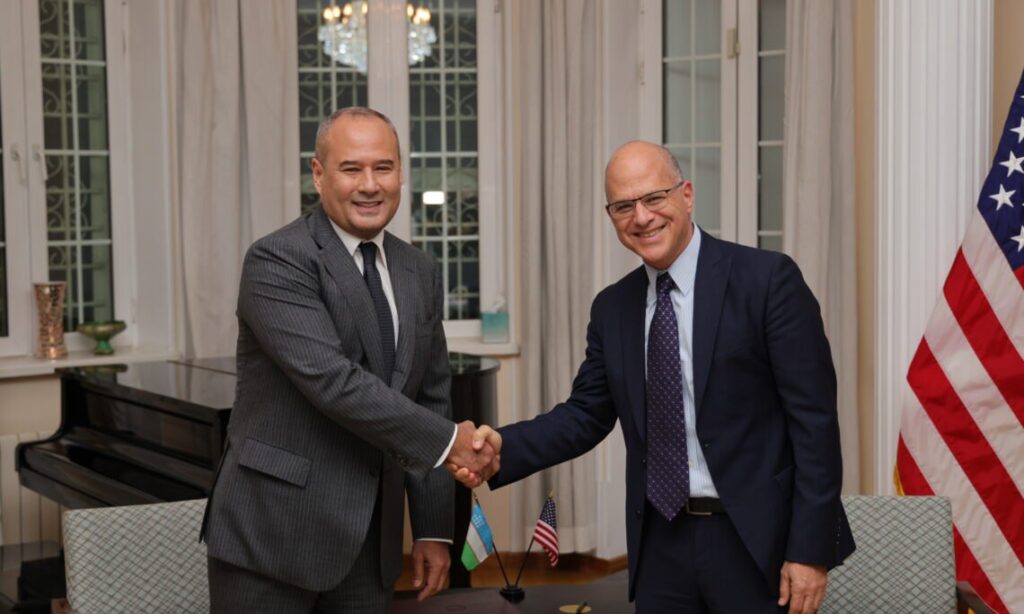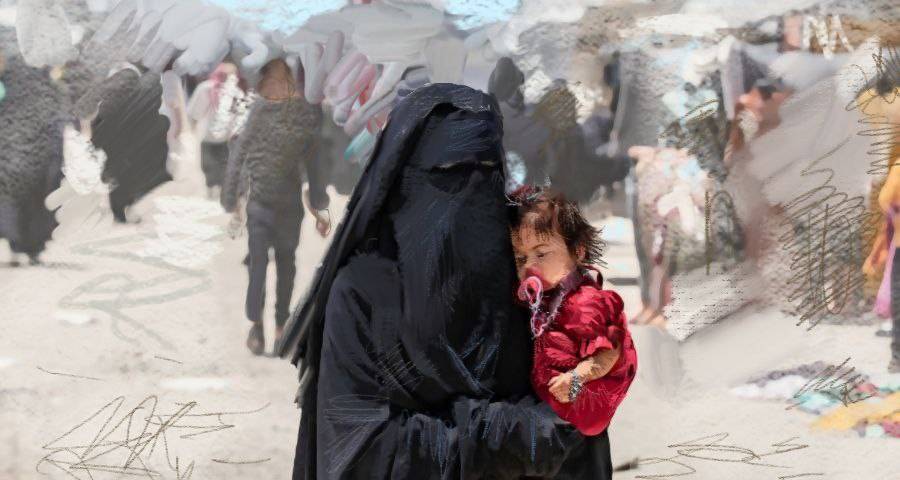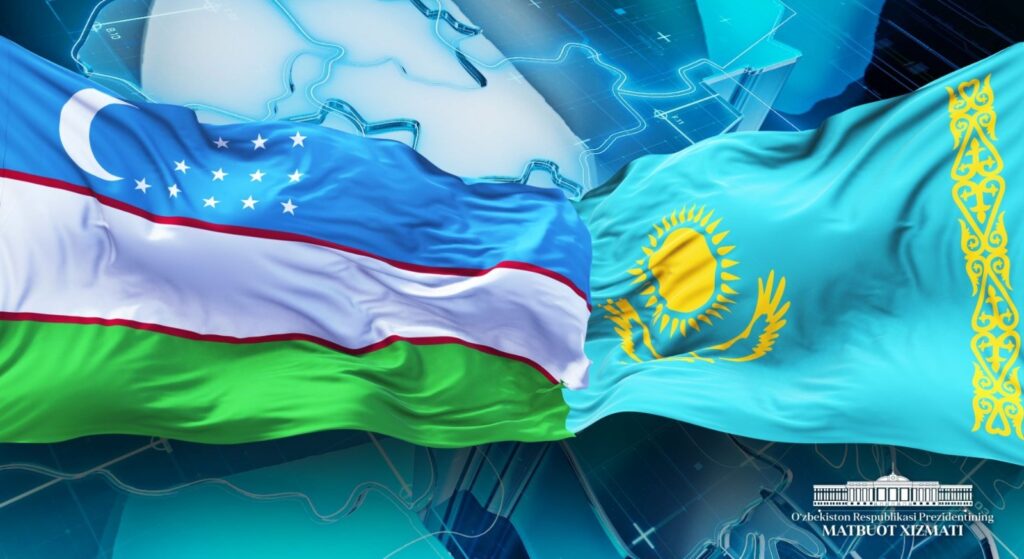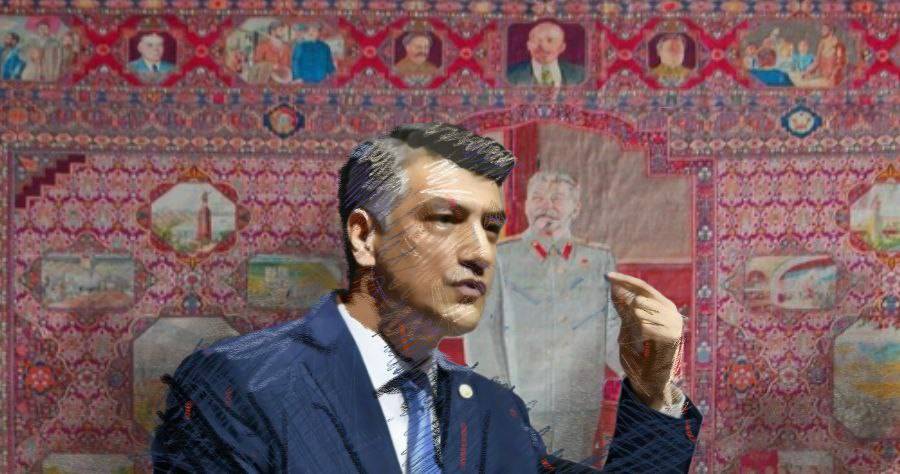Azerbaijan Is Bringing Uzbekistan into the Middle Corridor
The Treaty on Allied Relations between Azerbaijan and Uzbekistan, signed last month, formalizes their growing strategic partnership and signals a new phase in their deepening ties. Their relationship has gained momentum particularly as Azerbaijan has been prioritizing the expansion of its networks in the region since 2020. Uzbekistan now plays a significant role in Azerbaijan’s efforts to strengthen the Trans-Caspian International Trade Route (TITR, also known as the Middle Corridor), the key trade and infrastructure link among Central Asia, the South Caucasus, and Turkey. Uzbekistan and the Middle Corridor Within the last year and a half, many international financial institutions have published comprehensive studies on the implementation of the TITR project. One of the most influential was organized by the European Bank for Reconstruction and Development (EBRD) in June 2023, in collaboration with the European Commission. It was an in-depth examination of existing and potential infrastructure and logistical networks across the region. The goal of the report was to determine the “most sustainable option” for efficient transport connections between Central Asia and Europe. This report identified a route that it called the Central Trans-Caspian Network (CTCN), running principally through southern Kazakhstan. This route leverages the already well-established infrastructure and logistical systems there, making it the most viable option for trade and transport in the region. In a separate and complementary report, published in November 2023, the World Bank noted that Uzbekistan’s rail connections with Kazakhstan might be improved, but it did not identify any potential projects. Nevertheless, the Darbaza–Maktaaral project in Kazakhstan, projected for completion in 2025, could be extended first to Kazakhstan’s Syrdarya station, whence a further branch line could run to Zhetysai on the border with Uzbekistan. That project would reduce congestion at the existing Saryagash border crossing, which connects to Keles in Uzbekistan, in the north of the Tashkent conurbation. It could increase transport capacity by as much as 10 million tons per year. Still, the project focuses only on increasing the level of bilateral trade, largely in foodstuffs and agricultural goods, and does not target Uzbekistan’s integration into the Middle Corridor. On the other hand, Azerbaijan has been working actively with Uzbekistan to integrate it into the Middle Corridor, without relying on routes through southern Kazakhstan. Their cooperation includes significant efforts to enhance infrastructure and logistics. Examples include joint ventures in logistics centers and, notably, inter-modal transport links between Samarkand and Baku. Such efforts are designed to offer Uzbekistan direct access to the Caspian Sea and European markets via Azerbaijan, largely bypassing Kazakhstan and building a stronger trade partnership within the trans-Caspian framework. Uzbekistan’s Relations with Turkey Set the Context While this all started only a few years ago, a look back to 2016 when Uzbekistan’s President Islam Karimov died provides a more complete picture. After Shavkat Mirziyoyev succeeded Karimov, Uzbekistan began to open up from its diplomatic isolation. One of the first interested parties was Turkey. Both nations signaled interest in improving ties, and Turkish President Recep Tayyip Erdoğan began to take steps...

